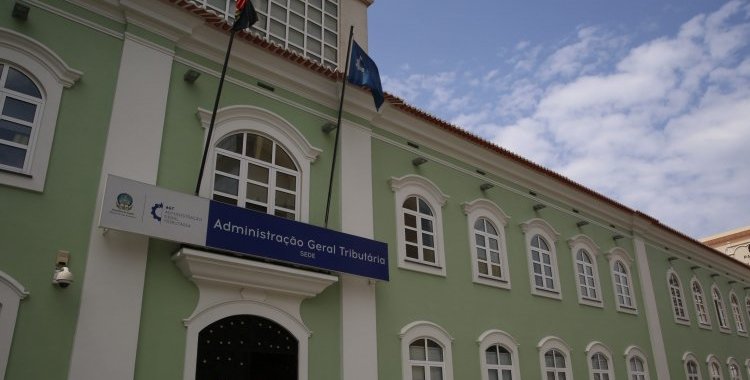The reflection, an initiative of the Economic Research Center (Cinvestec) of the Lusíada University of Angola, on "The Implications of the Angolan Tax System for the Economy", was attended by tax expert Tito Cambanje, businesswoman Filomena Oliveira, economic analyst Carlos Rosado, and representatives of the General Tax Administration (AGT), Denis Barbosa, and Civenstec, Agostinho Mateus.
According to Carlos Rosado, the effects of the tax reform are not reflected in the Angolan economy, including from a revenue point of view, indicating that "something is wrong".
Carlos Rosado pointed out that, contrary to the defensive attitude of the AGT, it is necessary to take on the problem in order to find solutions, considering that from a conceptual point of view the reform of the tax system "is not wrong", however, the circumstances and the moment that Angola is going through "are not the best".
"The reforms are going in the right direction, whether the implementation is being good or not, I have many doubts", said Carlos Rosado, believing that "it is possible to do better from the point of view of implementation".
The analyst highlighted that there is also a lack of incentive for citizens to pay taxes and understand their usefulness.
"The most obvious example – now it's a tax, but in the past it was a road tax – we paid it and our roads are in the state they are in, there are no incentives for people to pay taxes under these conditions," he said.
In turn, Agostinho Mateus said that the State has difficulty collecting revenue, "because the tax system is not the most suitable for the needs that the country is going through", and as a result it is resorting to debt.
"From 2012 to 2019, the State's collection capacity decreased from 36 percent of GDP [Gross Domestic Product] to 21.8 percent, there is a decline in the State's collection capacity, so the system failed," he said.
Lawyer Tito Cambange defended the need to increasingly make the system less bureaucratic, more robust and closer to companies, always looking at the country's economic and social reality.
"It is also necessary for businesspeople to have the capacity to diversify their areas, [that there is] less and less tax evasion, to reduce 'petro dependence', to make the system simpler", he indicated.
Tito Cambanje stressed that after decades of depending exclusively on taxes from the oil industry, there is a need to reflect on how to expand the tax base to other sectors.
Agostinho Mateus, from Civenstec, expressed a contrary opinion, arguing that it is necessary to create a tax base rather than expanding it, "because there is not much room for expansion".
According to Agostinho Mateus, Angola has been implementing and adjusting its tax system for more than ten years, which continues to fail to meet the real needs of the State, which is revenue collection.
Businesswoman Filomena Oliveira advocated greater rapprochement between the State and civil society in project management, namely university study centers, associations, among other organizations.
"The impact study, before, during and after, has to be done, because otherwise we don't even know what we are doing," she highlighted.







